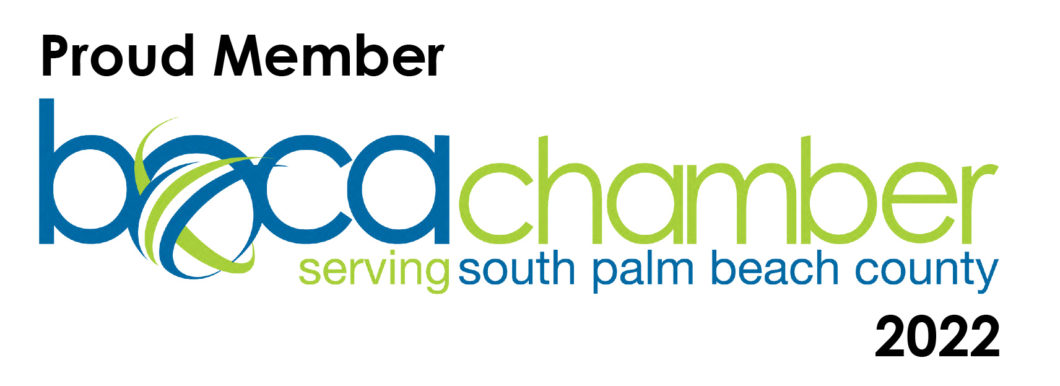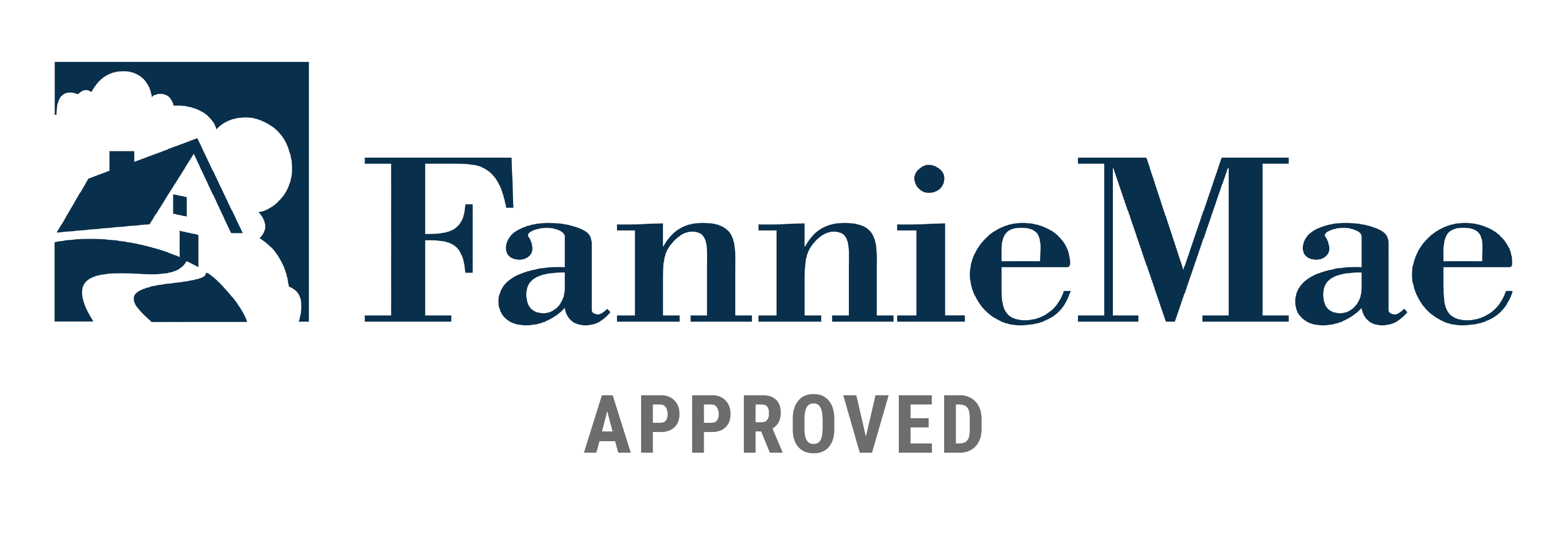The equine industry is an important part of many communities, providing recreational activities, therapeutic benefits, and economic opportunities. However, like any industry, there are legal issues that can arise in the course of owning, buying, selling, or leasing horses. This is where equine law services come in – and our attorneys at Lubliner Law specialize in the unique legal issues surrounding horses and the equine industry.
Having an attorney who understands the complexities of equine law can make all the difference in resolving disputes, ensuring regulatory compliance, and managing risk. In this blog post, we will discuss the different types of equine law services offered by attorneys, including contract negotiation and drafting, dispute resolution, regulatory compliance, and risk management. We will also provide specific examples, including Florida case law, where applicable. If you are involved in the equine industry, whether as an owner, breeder, trainer, rider, or equine-related business, understanding these legal issues and having the right legal support can help you achieve your goals and protect your interests.
Contract negotiation and drafting
Contracts are an essential part of any business, including those in the equine industry which can sometimes be done via handshake deals. When it comes to horses, contracts can cover a wide range of matters, such as the sale or purchase of a horse, a lease agreement, or a breeding contract. It’s essential to have a well-drafted contract that outlines the terms and conditions of the agreement and protects the parties involved.
Our experienced equine law attorneys can assist with contract negotiation and drafting to ensure that the contract accurately reflects the parties’ intentions and protects their interests. We may even be able to negotiate a better purchase price for a horse, or ensure that the lease agreement clearly defines the responsibilities of the parties involved.
In Florida, there have been cases where disputes over horse-related contracts have ended up in court. For example, in the case of Adorno v. Ramos, 2019 WL 1970886 (Fla. 4th DCA May 3, 2019), the court ruled on a dispute over a horse sale contract, highlighting the importance of having a well-drafted contract that clearly outlines the terms and conditions of the agreement.
Overall, having an attorney assist with contract negotiation and drafting can help ensure that the agreement is fair, comprehensive, and legally sound, helping to prevent disputes and mitigate risk.
equine Dispute resolution
Whether it’s a disagreement over a contract, an injury to a horse or rider, or a dispute with a regulatory agency, it’s essential to have a plan for resolving disputes.
Equine law attorneys can assist with dispute resolution in several ways, such as mediation, arbitration, or litigation. Mediation and arbitration can be a cost-effective and efficient way to resolve disputes outside of court, while litigation may be necessary if the dispute cannot be resolved through alternative means.
In Florida, there have been cases where equine-related disputes have been resolved through litigation. For example, in the case of Malave v. Diaz, 33 So. 3d 524 (Fla. 3d DCA 2010), the court ruled on a dispute over a horse purchase contract that ended up in court. The court’s ruling highlighted the importance of having a well-drafted contract and the potential consequences of failing to comply with the terms of the agreement.
Overall, having an attorney assist with dispute resolution can help ensure that the dispute is resolved in a fair and efficient manner, helping to minimize costs, risks, and disruptions to your equine-related business.
Equine Regulatory compliance
The equine industry is subject to various laws and regulations at the federal, state, and local levels. Compliance with these laws and regulations is essential to ensure that your equine-related business operates lawfully and avoids penalties, fines, or other legal consequences.
Equine law attorneys can assist with regulatory compliance by providing advice on applicable laws and regulations, helping to develop policies and procedures, and ensuring that your business meets all legal requirements. For example, an attorney can help ensure that your equine-related business complies with state licensing and registration requirements, zoning and land-use regulations, and animal welfare laws.
In Florida, there have been cases where equine-related businesses have faced legal consequences for failing to comply with applicable regulations. For example, in the case of Florida v. Lazaro Rodriguez, 843 So. 2d 503 (Fla. 3d DCA 2003), the court ruled on a case involving the unauthorized practice of veterinary medicine, highlighting the importance of complying with state laws and regulations related to animal health and welfare.
Overall, having an attorney assist with regulatory compliance can help ensure that your equine-related business operates lawfully, avoids legal consequences, and protects the welfare of horses and other animals involved.
Florida Equine Lemon Law
In addition to the various legal issues faced by equine-related businesses, Florida has a specific law related to the sale of horses: the Florida Equine Lemon Law. This law provides protection to buyers of horses in certain circumstances where the horse is deemed to be a “lemon” – that is, it has a significant health issue or behavioral problem that was not disclosed at the time of sale.
The Florida Equine Lemon Law requires sellers to provide certain disclosures about the horse’s health and history, and buyers have a limited time period to seek recourse if they discover a problem with the horse. An equine law attorney can help buyers understand their rights and options under this law and can assist with any legal action necessary to seek compensation or return of the horse.
It’s essential for both buyers and sellers of horses in Florida to understand the requirements of the Florida Equine Lemon Law and to ensure that they comply with all applicable regulations. Working with our experienced equine law attorneys can help ensure that you understand your rights and obligations under this law and can help protect you from any legal consequences associated with non-compliance.
If you are involved in buying or selling horses in Florida, consider reaching out to discuss your options and ensure that you comply with all applicable laws and regulations, including the Florida Equine Lemon Law.
Risk management
Both owning a horse and operating a business in the equine industry come with inherent risks. Horses are large, powerful animals that can cause injury to people or property, and there are various other risks associated with owning, leasing, or breeding horses. It’s essential to manage these risks to protect your business, your clients, and the horses involved.
At Lubliner Law, our equine law attorneys can assist with risk management by identifying potential risks and providing advice on how to mitigate them. For example, we can help ensure that your equine-related business has adequate insurance coverage, develop liability waivers and releases, and provide guidance on safety procedures and protocols.
In Florida, there have been cases where equine-related businesses have faced legal consequences for failing to adequately manage risks. For example, in the case of Matthews v. Ramirez, 872 So. 2d 377 (Fla. 2d DCA 2004), the court ruled on a case involving the injury of a horse rider and highlighted the importance of implementing safety procedures and protocols to reduce the risk of injury.
Overall, having an attorney assist with risk management can help protect your equine-related business, reduce the risk of legal liability, and ensure the safety and welfare of horses and other animals involved.
Experience Matters
Equine-related businesses face a wide range of legal issues, from contract negotiations and drafting to dispute resolution, regulatory compliance, and risk management. Working with our experienced equine law attorneys can help ensure that your business operates lawfully, mitigates risks, and protects the welfare of horses and other animals involved.
Our attorneys can provide specific knowledge and experience of Florida’s state laws and regulations, as well as any relevant case law. Whether you’re a horse owner, breeder, trainer, or involved in any other aspect of the equine industry, it’s essential to have legal representation that understands the unique legal challenges and opportunities that come with this industry.
If you need assistance with any legal issue related to the equine industry, consider reaching out to one of our experienced equine law attorneys to discuss your options and develop a strategy to protect your business, your clients, and the horses involved. Call us at (561) 207-2018 or email info@lubliner-law.com to see how we can help.

 Equine Law Explained
Equine Law Explained 



